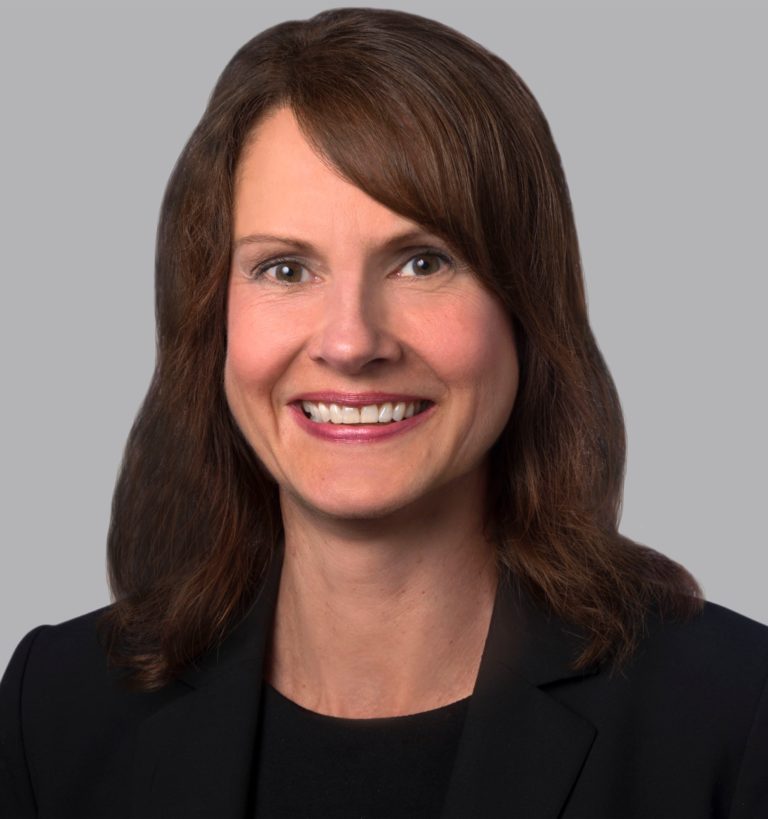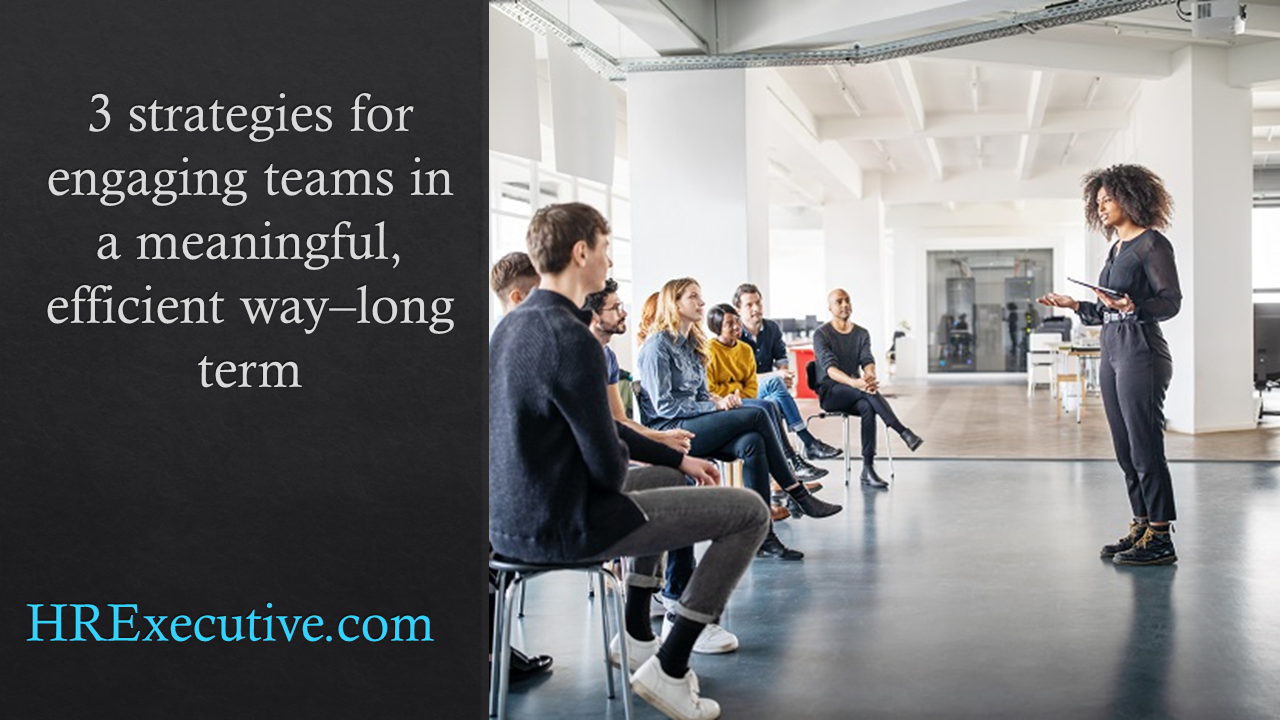Michelle Hay spent the first half of her career as a management consultant and took on her first HR role as a learning experience, thinking it would enhance her skills as a consultant. She quickly found that she wasn’t looking back.
“I loved being inside an organization, solving problems, managing change and living through those changes,” she said. “I’ve definitely found my calling.”
That calling has led her to HR leadership roles at Heitman, Kearney and Cushman & Wakefield. In January, she became the global chief people officer at Sedgwick, a provider of tech-enabled risk, benefits and integrated business solutions. Hay recently spoke with HRE about her new role and how it’s being shaped by the pandemic.
HRE: What attracted you to Sedgwick?

Michelle Hay
Hay: Sedgwick’s emphasis on taking care of people was what originally drove me to the organization. As an organization, they care deeply about their impact on both clients and colleagues. Additionally, the cohesion and collaboration of the executive team, as well as their passion for the company, were an influential factor in my decision to join Sedgwick.
This role affords me the opportunity to shape and guide Sedgwick’s colleague resources team so we can make a positive impact that cascades to all areas of our business, including our colleague experience and driving client outcomes and profitable growth for the organization. I’m grateful to be in a position where I can make a meaningful difference in the lives of so many others.
HRE: What has onboarding during a pandemic been like?
Hay: Onboarding during the pandemic has been challenging but rewarding. I am grateful that my colleagues have been generous with their time and knowledge and allowed for ongoing relationship-building. I do miss interactions like quick office pop-ins, coffee runs and chatting in the lunchroom and look forward to the times when we can do those things safely. In the meantime, I try to be intentional—not just transactional—about video calls so I can learn more about my colleagues as individuals and foster deeper relationships with them.
HRE: How have you sought to acclimate yourself to the culture at Sedgwick?
Hay: The key to acclimating well at a new company is listening and observing others. It’s important to understand what people are saying and how they are saying it at all levels. During my first few weeks at Sedgwick, I organized a town hall and took live questions to better understand colleague needs so I could begin to identify opportunities for improvement. This opened the door for colleagues to feel more comfortable reaching out to me to share their feelings about various experiences. I make a point to respond with empathy to these emails in an effort to form personal connections with colleagues and practice living Sedgwick’s “caring counts” culture.
 HRE: How is the organization innovating when it comes to meeting the wellbeing needs of your employees?
HRE: How is the organization innovating when it comes to meeting the wellbeing needs of your employees?
Hay: Taking care of people is at the heart of everything we do at Sedgwick, and that starts with our valued colleagues. We are working to implement new initiatives that further our commitment to the holistic wellbeing of our colleagues. In recent months, we’ve launched virtual support groups that cover topics such as parenting during the pandemic, new parenthood and dedicated care coaches to manage care. These enable colleagues with similar experiences to convene and discuss tips and challenges both within and outside of the workplace.
Another example is an online forum led by the company’s senior medical officer, where colleagues can discuss mental stress and offer solutions to relieve that stress. This has been especially popular with our nurses, who have been working on the front lines with customers and their employees who were directly impacted by the pandemic.
Read more Insights from a CHRO here.
HRE: What do you see as HR’s biggest challenge once the pandemic subsides?
Hay: The biggest challenge once the pandemic subsides will be creating a positive workplace experience in a completely new world. With many colleagues working from home, others in the office and some on a hybrid schedule, it will be more challenging to build connections and collaborate. Connection and collaboration are so critical to the overall health and performance of any organization, and the pressure to make sure this works is on managers. It will be incumbent upon HR to give managers the right tools so they can manage in a hybrid world.
On the talent acquisition front, we will have more flexibility for certain roles to find the best people wherever they may be. Our challenge will be an effective integration process to get new colleagues up to speed so they can begin to add value quickly.
HRE: How has the HR role itself evolved throughout your career?
Hay: Two things that are polar opposites have evolved the role of HR: technology and personal connection.
Technology has made a big difference in HR over the years and bifurcated processes between strategic and transactional work. Transactional work can now be automated, ultimately creating space for professionals to do more strategic work. This transition has shifted the types of people attracted to HR to business-minded, outcome-focused professionals.
So much of the colleague experience hinges on the relationship between manager and colleague. The pandemic has changed that relationship and forced it to become more personal. Now more than ever, managers must meet each of their team members where they are and focus not only on the work at hand but also on taking care of their mental wellbeing. This will continue post-pandemic.